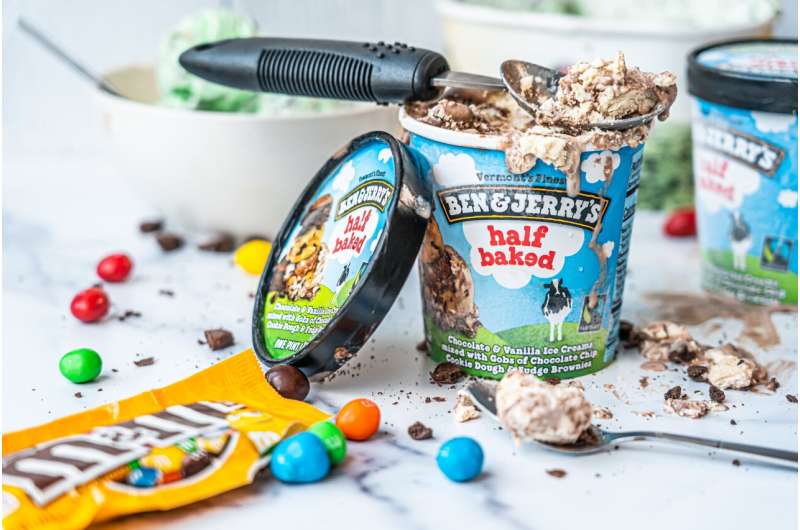Understanding How Cancer Misinformation Exploits Human Psychology

Cancer misinformation spreads rapidly on social media by exploiting emotions and psychological biases, risking delays in treatment and trust in healthcare. Learn how to recognize and resist false claims to make better health decisions.
When high-profile individuals like TV personality Danielle Lloyd face a melanoma diagnosis, it underscores a troubling trend: the spread of dangerous misinformation about cancer on social media. Lloyd, awaiting biopsy results after a suspicious mole removal, has become vocal in criticizing influencers who mislead followers with false claims about sun protection and cancer cures.
Cancer misinformation can have severe consequences, including delaying or outright avoiding critical treatments and eroding trust in healthcare professionals. These falsehoods often tap into emotional responses—fear, confusion, and the desire for control—driving individuals to seek out hope in unreliable sources.
Misinformation tends to present simple, comforting narratives that contrast with the complex, nuanced reality of medical science. For example, false claims may suggest that certain natural remedies or unproven methods can cure cancer, promising quick solutions while dismissing scientific evidence. Such narratives can seem convincing because they resolve the ambiguity and uncertainty inherent in cancer treatment.
Social media platforms amplify these dangerous messages, often making them appear credible or trending through shares and endorsements by influencers, many of whom profit from promoting pseudoscience. This creates a ripple effect, giving false information an air of legitimacy.
The way messages are framed influences their impact. Studies indicate that humans respond more strongly to messages emphasizing what they stand to lose—such as health, comfort, or their lives—compared to messages about potential gains like improved survival odds. This loss aversion makes scare tactics and alarming misinformation particularly persuasive.
For instance, claims alleging that chemotherapy causes cancer to spread or shortens life are emotionally charged and more likely to sway opinions than factual messages emphasizing chemotherapy's role in increasing survival chances despite side effects.
Furthermore, the emotional and high-stakes nature of a cancer diagnosis makes individuals more susceptible to negative misinformation, which can override rational decision-making. The psychological concept known as 'negativity bias' explains why fear-inducing false information tends to stick more than balanced, hopeful facts.
A proactive approach to combat misinformation is prebunking—educating individuals on how to recognize and resist deceptive messages before they take root. This involves revealing common manipulation tactics, such as exaggeration, misleading statistics, and false promises, empowering patients to critically assess online and offline claims.
Research shows that when people understand how misinformation works, they become less likely to accept false claims uncritically. This enhances their ability to seek reliable, evidence-based guidance, which is crucial when making health decisions.
As Carl Sagan famously said, "Extraordinary claims require extraordinary evidence." Applying critical thinking and demanding strong proof helps protect against misinformation's influence and ensures that cancer patients make informed, safe treatment choices.
Source: https://medicalxpress.com/news/2025-09-cancer-misinformation-exploits.html
Stay Updated with Mia's Feed
Get the latest health & wellness insights delivered straight to your inbox.
Related Articles
Innovative Bionic Knee Enhances Mobility for Amputees
A revolutionary bionic knee prosthesis integrates directly with muscle and bone tissue, offering improved mobility and a natural feel for amputees. Developed by MIT researchers, this technology promises enhanced stability and intuitive control, paving the way for advanced limb replacement solutions.
Exercise and Physical Activity Reduce Risk of Overactive Bladder in Adults
Maintaining an active lifestyle can significantly lower the risk of developing overactive bladder in adults, according to recent research. Explore how physical activity supports bladder health.
Emerging Research Links Emulsifiers to Potential Health Risks
Emerging scientific research indicates that common emulsifiers in processed foods may disrupt gut health, potentially leading to inflammation and chronic diseases. Learn more about the latest findings and health implications.
Blood Biomarkers Identified for Brain Insulin Resistance
Scientists have identified blood-based biomarkers capable of detecting insulin resistance in the brain, paving the way for non-invasive diagnostics and personalized treatment strategies for metabolic and neurological disorders.



